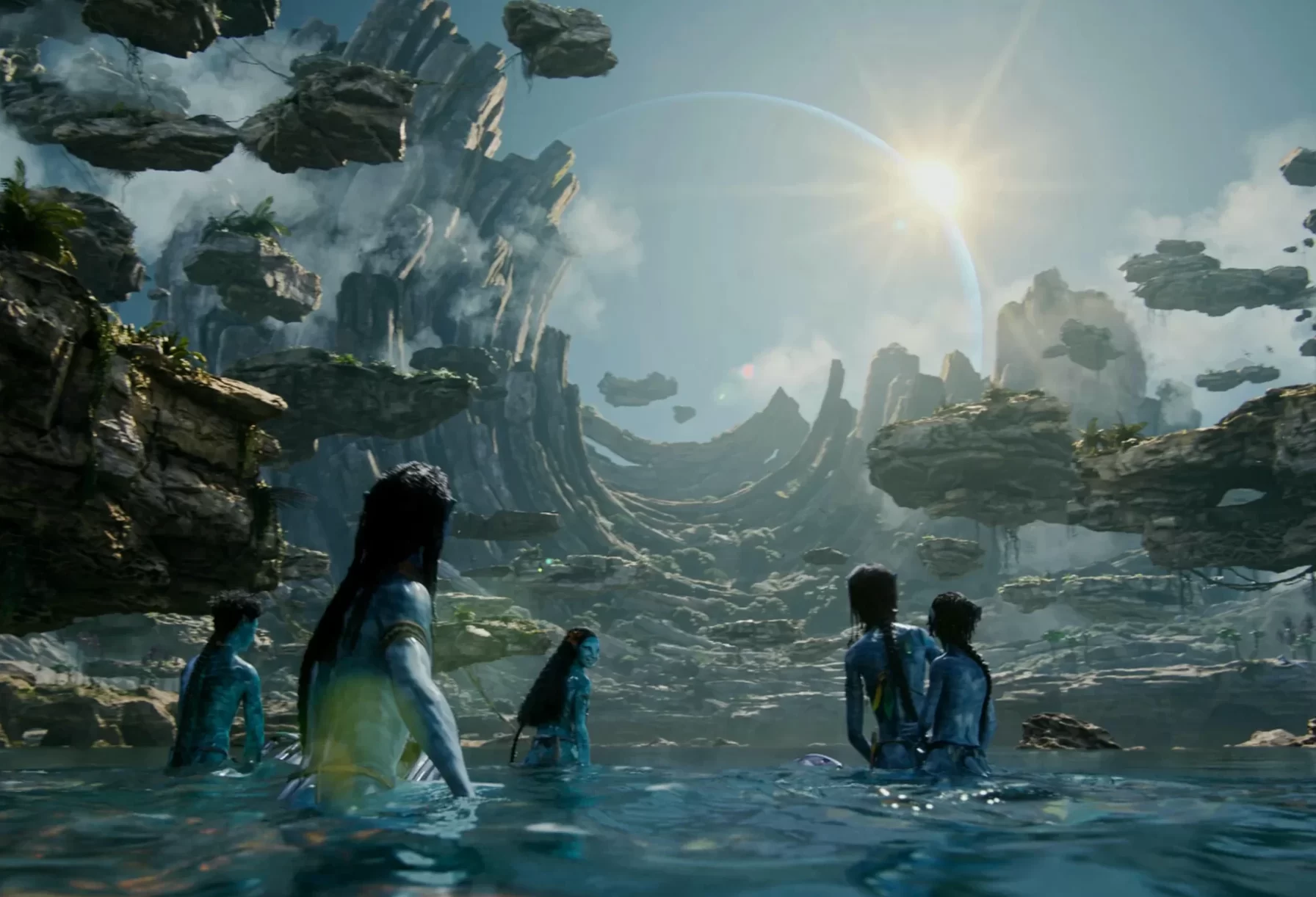James Cameron’s second edition of the Avatar series was released Dec. 16, 2022. Earning $1.38 billion globally so far, the movie has seen a lot of traction.
The popular film is a continuation of the first Avatar film, we follow the Navi people as they navigate the invasion of humans on their home planet of Pandora. The sequel to the first movie showcases the main characters, Jake Sully and Neytiri, as they continue their lives with their new family in Pandora and deal with the threat of human invasion once again. The attack leads them to explore new parts of their world and continue their fight against the “sky people.”
Beautifully executed, the Avatar sequel had a production budget of $250 million, and Cameron has stated that the movie was very expensive to create. Taking more than a decade to make, the sequel came with a lot of hype, but also a great deal of criticism.
Cameron’s sequel to Avatar has been called for a boycott by different groups over the internet. Starting with a tweet that has more than 40,000 likes from an account that is now private, Yue Begay, a Navajo artist and the co-chair of Indigenous Pride LA, shared a statement on Twitter,
“Do NOT watch Avatar: The Way of Water. Join Natives & Other Indigenous groups around the world in boycotting this horrible & racist film. Our cultures were appropriated in a harmful manner to satisfy some white man’s savior complex. No more Blueface! Lakota people are powerful!”
The tweet was spurred by comments made by Cameron in 2010 about the Lakota Sioux group. In an interview with the Guardian, Cameron described how his “driving force” for creating the Avatar series was the Lakota Sioux’s battle against colonization 130 years ago.
His comments incited controversy when he stated that if the Lakota Sioux could see into the future, they would’ve fought harder against colonization. Cameron explained that fighting harder would’ve prevented their current situation — suicide rates among native and indigenous children are the highest in America, and their population is in rapid decline.
The idea that the Lakota Sioux should’ve just fought harder was seen as offensive, and characterized what can be considered a white savior complex. It was also deemed victim blaming, as Cameron didn’t understand his privilege when commenting.
In response to Cameron’s statement, many suggested that fans should boycott the movie, and that Cameron should donate the profits from the second Avatar film to native communities. Someone also suggested that instead of watching the film, people should listen to stories and movies created by Indigenous filmmakers and storytellers.
It should be noted that Cameron made the comments while he was in the Brazilian Amazon trying to help the Xingu people stop the construction of a hydroelectric dam by the Belo Monte. During his time in the Amazon, he spoke with the native tribe there and stated that he wanted to help them by telling their story. He also wanted to help prevent the continued destruction that occurred within the Amazon.
Cameron’s goal in visiting was to create a documentary about their situation. Viewers saw the ecological battleground as a modern Pandora, as Cameron and the Xingu natives fought against the Belo Monte. During his time there, Cameron witnessed indigenous ceremonies and wore traditional clothing accessories to connect with the people there. He also responded to criticism of his trip by stating that “North America is Brazil’s future. We can come to Brazil from the future and say: ‘Don’t do this.’” Overall, he saw the trip as a way to help the natives of the Brazilian Amazon prevent the colonization of their land and culture.
Along with his controversial comments made in 2010, Cameron has also faced backlash from his sequel of Avatar due to its casting. Since Cameron stated that his inspirations came from people in Native and Indigenous communities, Twitter users also believed that his cast should represent that. Having white actors play “indigenous” people in the film was seen as perpetuating colonialism via cultural appropriation. Those who agree with the statement believe that it should be Indigenous people filling the roles in the movie.
In addition to those in the indigenous community, Cameron’s film has been considered problematic by critics due to its characterization of people of African descent as well. The different hairstyles portrayed in the movie were characteristic of traditional African hairstyles, leading many viewers to conclude that Avatar appropriated both Black and brown people, but specifically those in African and indigenous communities.
As the movie’s showing continues and garners many wonderful reviews, it leads us to the bigger picture of questioning how effective cancel culture is. Many people will ignore the feelings of those in the Native and Indigenous communities, and go on to watch the film. Some also see it as a way of highlighting people in those communities and shedding light on the horrors of the colonization that they’ve experienced. Some viewers will see it as a good movie about aliens.
Boycotting Avatar would be a start, but how effective is it really in helping those in Native communities? While Native Americans continue to face many challenges, there may be better alternatives for others to help, such as donating to charities that support native tribes, volunteering at reservations, listening to and broadcasting native voices and supporting local native businesses.
















